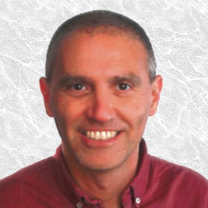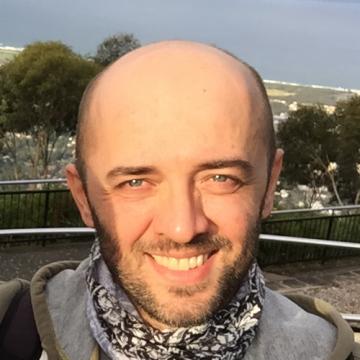A Project coordinated by IIIA.
Web page:
Principal investigator:
Collaborating organisations:
Idibell, University of Helsinki

Funding entity:
Funding call:
Funding call URL:
Project #:
Total funding amount:
IIIA funding amount:
Duration:
Extension date:
A large percentage of chronic stroke patients (CS) show motor deficits and language impairments. These deficits clearly diminish their health-related quality of life, limiting their socio-familiar and working roles. Because their high incidence, one of the greatest social and economic challenges is to develop cost-efficient, easily and widely applicable rehabilitation tools. In this context, music has arisen as a potential neurorehabilitation tool. Two important applications have been proposed: (i) the use of music training to induce motor recovery (Music supported therapy, MST) and (ii) singing-based interventions for language recovery in aphasic patients. Some of their limitations are the intensive and time-consuming requirements and the lack of solid evidence from Randomized Control trials (RCT).

Scientific Researcher

PhD Student

